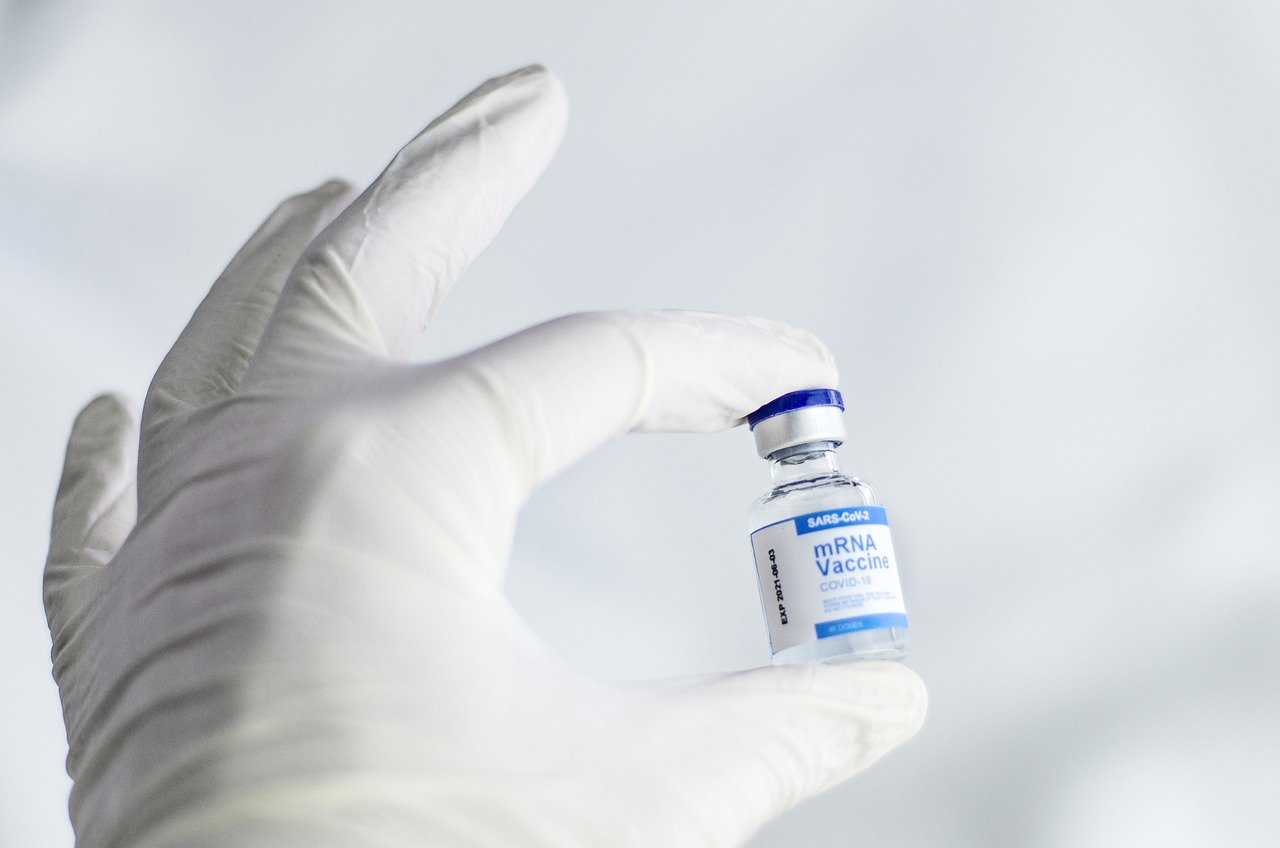I’m back in Florida for the next several months, having left cloudy, windy, chilly Maryland for the Gulf Coast. It’s been sunny and in the low 80s for the past few days, and my multiple sclerosis is feeling just fine. A lot of people with MS avoid the heat, but heat and sunshine go hand in hand. I always feel better, physically and mentally, when I’m in the sun. A recent study provides some support for my sunshine attraction.
Research takes a sunny view
Researchers studied the sun exposure of more than 300 young people, ages 3 to 22, who had been diagnosed with pediatric-onset MS, and reported their findings in an article recently published in the journal Neurology. They found that those who spent an average of 30 to 60 minutes a day outdoors in the summer had a 52% lower chance of being attacked by MS than those who spent an average of less than 30 minutes outdoors.
“Sun exposure is known to boost vitamin D levels,” co-senior author Emmanuelle Waubant, MD, PhD, said in a press release. “It also stimulates immune cells in the skin that have a protective role in diseases such as MS. Vitamin D may also change the biological function of the immune cells and, as such, play a role in protecting against autoimmune diseases.”
Florida: the Sunshine State
According to the study, spending time in places such as Florida, where sunlight is particularly strong, may be a good thing. Researchers estimated that, due to the intensity of the sun, people who live in Florida would be 21% less likely to have MS than people who live in New York. (I grew up in New York City, where I probably spent more time on the subway than in the sun.) The longer the sun exposure, the lower the MS risk, the researchers concluded.
Worried about skin cancer? Lather on your sunblock. The researchers say sunscreen doesn’t seem to affect the ability of sunshine to ward off MS.
“Advising regular time in the sun of at least 30 minutes daily especially during summer, using sun protection as needed, especially for first-degree relatives of MS patients, may be a worthwhile intervention to reduce the incidence of MS,” Waubant said. Clinical trials would be needed to determine whether vitamin D supplements might also be useful.
Let the sun shine
This isn’t the first study to report on the benefits of sunshine. When I began writing the MS wire back in 2016, I came across a study that concluded that insufficient sun exposure should be considered an “emerging health problem” in the United States. Conversely, last January, two clinical studies reported that reduced exposure to sunlight, previously reported as a risk factor for developing MS, also seems to increase the risk of relapses and worsening disability.
So, I like the sunshine. And I’ll take the heat that comes with that opinion.
This will be my last MS Wire blog for this year. Happy holidays to all and see you in 2021.
(A version of this post first appeared as my column on the MS News Today website).
(Featured image by Please Don’t sell My Artwork AS IS from Pixabay.)



